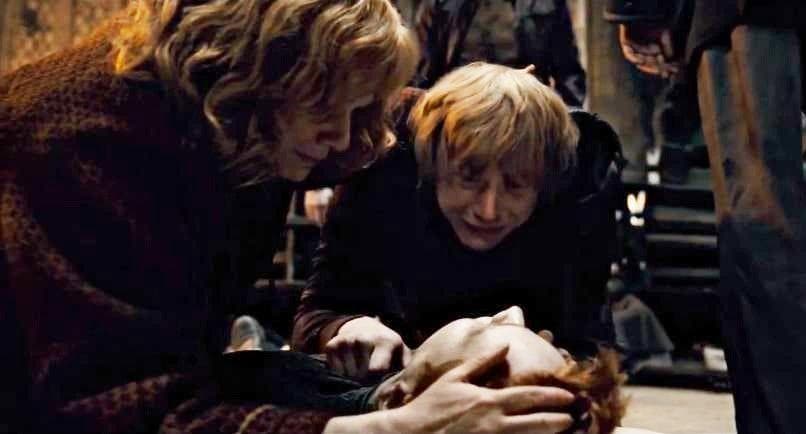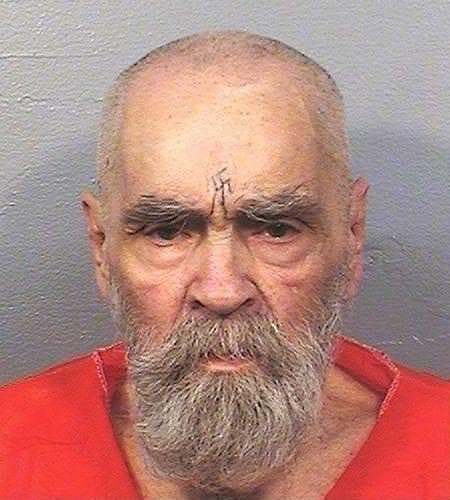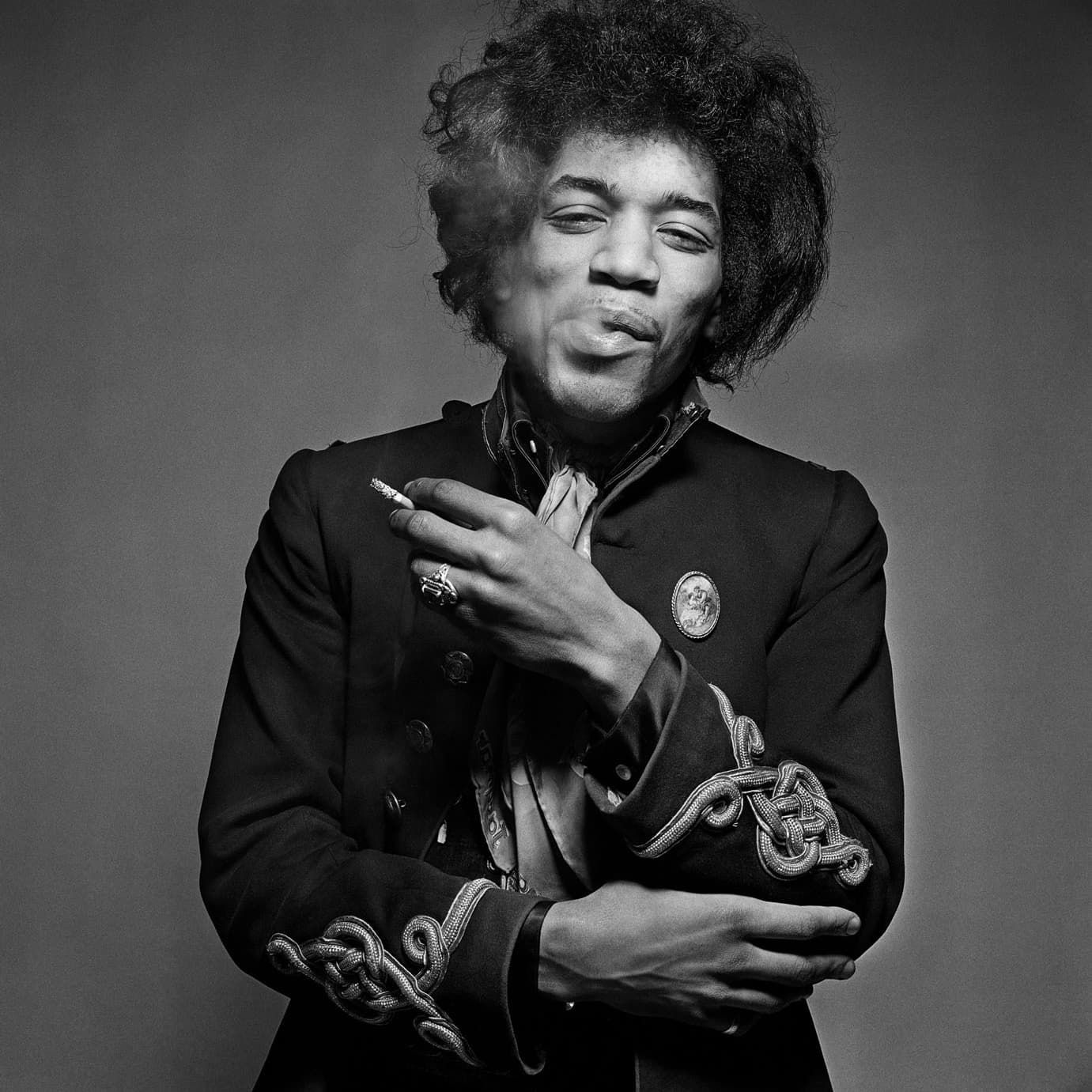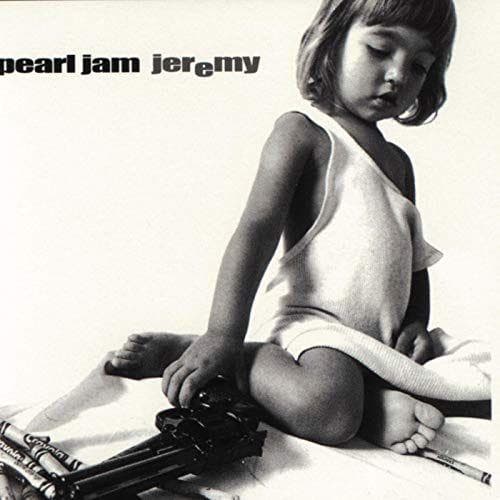-
(#1) The Hospital Said They'd Be Charged With Homicide If They Unplugged Her Ventilator
After Karen Ann Quinlan's parents learned she would never come out of her vegetative coma, they asked doctors to remove her ventilator. However, the medical staff couldn't comply because they'd been warned they could be charged with murder. The most basic level of the Quinlans' court case was an attempt to get legal protection for the hospital staff so they could not be charged with murder.
Even though the Quinlans signed documents assuring they wouldn't sue the doctors or hospital, the medical staff still refused. There was no precedent for the Quinlan family's situation, and their daughter wasn't legally brain dead.
-

(#2) She Entered The Coma After An Accidental Overdose
After drinking alcohol and taking tranquilizers, Karen Ann Quinlan passed out at a bar in 1975. Reportedly, she'd eaten nothing for two days prior, and the combination of alcohol and Quaaludes proved even more dangerous than usual while on her crash diet.
When Quinlan's roommate took her home, she tried performing CPR but to no avail. Other reports say Quinlan left the bar not feeling well, went to bed, and then never woke up. Either way, according to the medical experts working on her, Quinlan's suffered irreparable brain damage quickly due to the lack of oxygen. It was too late for anyone to do anything.
-
(#3) Her Parents Wanted To Disconnect Her Respirator For Religious Reasons
Quinlan's parents wanted to disconnect her respirator to ascribe to their Catholic religious beliefs. The debate for many religious people revolves around the "God-given" realm of life, and what secular society regards as ordinary vs. extraordinary care. Many, including Quinlan's parents, feel a respirator is extraordinary care, and therefore not the family's or hospital's responsibility to provide it.
Pope Pius XII spoke on this topic in 1957, saying that while food and water constitute ordinary care, a respirator or other means of resuscitating or otherwise keeping someone alive are extraordinary. So, the doctor and family are not legally (or morally) forced to keep someone alive while in a coma or other vegetative state. Quinlan's parents wanted their daughter's life to be in God's hands. By giving her "ordinary care" (i.e., food and water only), they believed they weren't going against God's plan by keeping her alive.
-

(#4) She Surprised Everyone By Breathing On Her Own For Nine Years
Quinlan's respirator was removed, but not her feeding tubes. Her parents only wanted to remove the respirator because it was painful, and they said removing the feeding tubes would essentially be playing God. According to her father, Joseph Quinlan, "'Now, to remove the feeding tube, that's like saying, 'I'm going to take charge again.' We know what will happen if we remove it.'' Her mother, Julia Quinlan, added, "We never asked to have her die. We just asked to have her put back in a natural state so she could die in God's time."
Thus, Quinlan was kept off the respirator but continued breathing naturally in her hospice care for nine years until she caught pneumonia.
-

(#5) She Died At Age 31 And Weighed Only 65 Pounds
After a decade of being off her ventilator and surviving via feeding tube, Quinlan passed away from pneumonia. She weighed 65 pounds when she died; she weighed 115 pounds before entering the hospital and fell to 70 pounds after only a few months into her coma.
At that point, doctors said her brain damage was irreversible, and the Quinlans were told their daughter had no hope of waking up, let alone living a normal life. When they decided to let Quinlan go off the respirator, they had no idea they were setting off a series of legal and ethical battles.
-
(#6) Her Case Started A National Conversation About The Right To Die
The "Right to Die" wasn't a very public issue before Karen Ann Quinlan; hers was the first case to grapple with quality of life, likelihood of recovery, and the state's responsibility (or lack thereof) in preserving a person's wishes regarding health and life. Though there were many legal arguments surrounding Karen's defense, the court eventually based its decision on an individual's right to privacy, stating "no compelling interest of the state could compel Karen to endure the unendurable."
Karen's parents were finally allowed to remove her respirator. They maintained, however, they were not advocating euthanasia for their daughter; they merely wanted natural causes to dictate her life and death.
-

(#7) The Case Was Tried Several Times Across Multiple Courts
Doctors refused the Quinlans' initial request to let their daughter die "with grace and dignity" by removing her from her ventilator. After the doctors turned them down, the Quinlans took their case public.
In 1975's unprecedented lawsuit at a Superior Court in Morristown, New Jersey, the Quinlans were denied their request. But the Quinlans were not deterred, and appealed to the New Jersey Supreme Court, which ruled in the Quinlans's favor 7-0 in March of 1976. It had been nearly a year since Quinlan had fallen into the coma. According to reporting from the NY Times about the case:
The court held, in a new interpretation of the right of privacy, that Miss Quinlan's interest in having her life-support systems disconnected exceeded the state's interest in preserving life, so long as medical authorities saw 'no reasonable possibility' that she would recover.
Because she was in a coma, the court ruled that her father - and not her doctors or a court - was the authority for deciding her fate in her behalf. The court also ruled that no one could be held criminally liable for removing the life-support systems, because the woman's death 'would not be homicide, but rather expiration from existing natural causes.'
-
(#8) The Legal Effects Were Far-Reaching
When Quinlan went into a coma in 1975 and had her respirator removed in 1976, the country was in the midst of big changes in how society viewed medical issues. Roe v. Wade was decided in 1973, and it almost certainly influenced the decision in Quinlan's case. In Roe v. Wade, the "right to privacy" was established when the New Jersey Supreme Court decided an individual's right to medical privacy was:
broad enough to encompass a patient's decision to decline medical treatment under certain circumstances in much the same way as it is broad enough to encompass a woman's decision to terminate pregnancy…
The domino effect continued, and arguments for the right-to-die and legal euthanasia started to gain momentum through advocates for living wills. Quinlan's parents were very clear they were not trying to euthanize her; however.
-
(#9) Her Parents Opened A Hospice In Her Memory
After a book and made-for-TV movie about Karen brought money in for the Quinlans, they used it to start a hospice. The Karen Ann Quinlan Center of Hope Hospice is designed to provide in-home care so those who are terminally ill do not have to die in a hospital. Instead, they and their family members are allowed to be in the comfort of their homes. Both Mr. and Mrs. Quinlan continued to devote themselves to running the hospice center.
-
(#10) The Quinlan Case Preceded Terri Schiavo's
Millennials may remember the Terri Schiavo case, when a 26-year-old woman in Florida went into a coma in 1990 and was kept on life support until 2005. The case between Schiavo's husband — who argued keeping Schiavo artificially alive went against what his wife would have wanted — and her parents — who fought to keep her on a ventilator —went on for more than a decade.
Like Quinlan, Schiavo was deemed to have no possibility of recovering from her vegetative state. Jeb Bush, governor or Florida at the time, barred Michael Schiavo and the hospital from removing the feeding tube, but her husband finally won the battle when the case went to the US Supreme Court. After 15 years in a coma, Terri Schiavo passed away on March 31, 2005.
-

(#11) The 2018 Alfie Evans Case Was Internationally Controversial
In 2016, Alfie Evans was born with a rare degenerative brain condition that his doctors said was incurable, and after spending more than a year in a semi-vegetative state, the hospital said it would be fruitless to continue administering treatment despite protest from the child's parents. In a complete reverse from the Quinlans's reaction, Evans's parents ultimately took the situation to court in an attempt to keep their son on life support. They lost the case, and the hospital pulled life support from the almost-two-year-old. Evans continued breathing on his own for several days until he passed away naturally, but the case brought international clamor around the question of who can make life-altering decisions for others, whether they are minors or in a state of incapacity or, as in the case of Alfie Evans, both.
New Random Displays Display All By Ranking
About This Tool
In the 1970s, Karen Ann Quinlan was a rebellious, anti-authoritative American young girl who advocated a trendy lifestyle, however, her parents were both devout Catholics and lived a traditional and rigid life. Karen Ann Quinlan was a member of the American baby boom. At that time, young people no longer believed in the preaching of their parents and the authority of the government. The cultural conflict was so obvious.
Karen Ann Quinlan became addicted to alcohol and drug abuse as an adult and eventually fell into a vegetative state. At that time, the idea of brain death had not yet been recognized by the legislature, so Karen was still a living person with complete civil rights. But these parents waited desperately and decided that their daughter should die with dignity. The random tool shares 11 details about the death of Karen Ann Quinlan.
Our data comes from Ranker, If you want to participate in the ranking of items displayed on this page, please click here.














